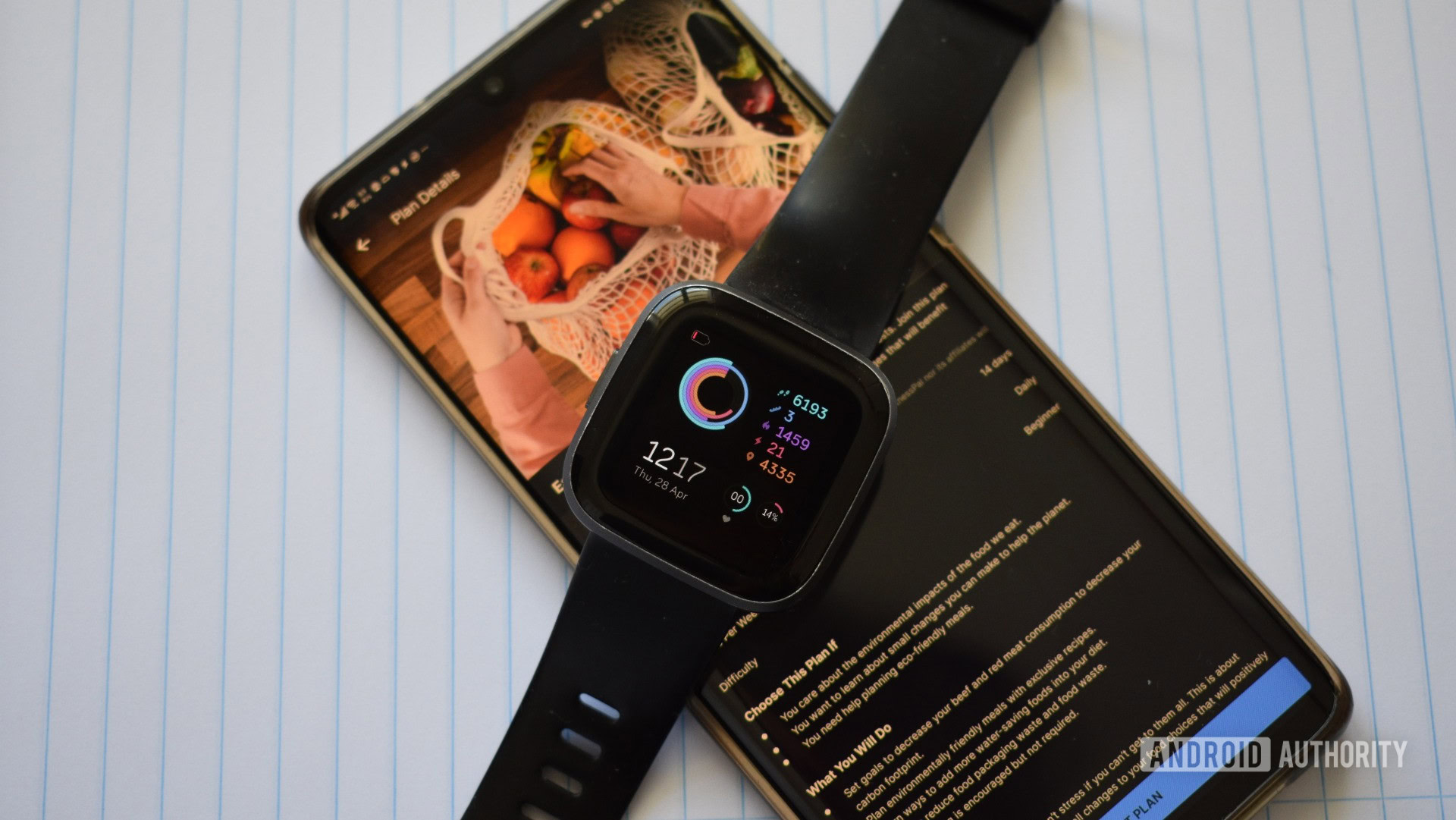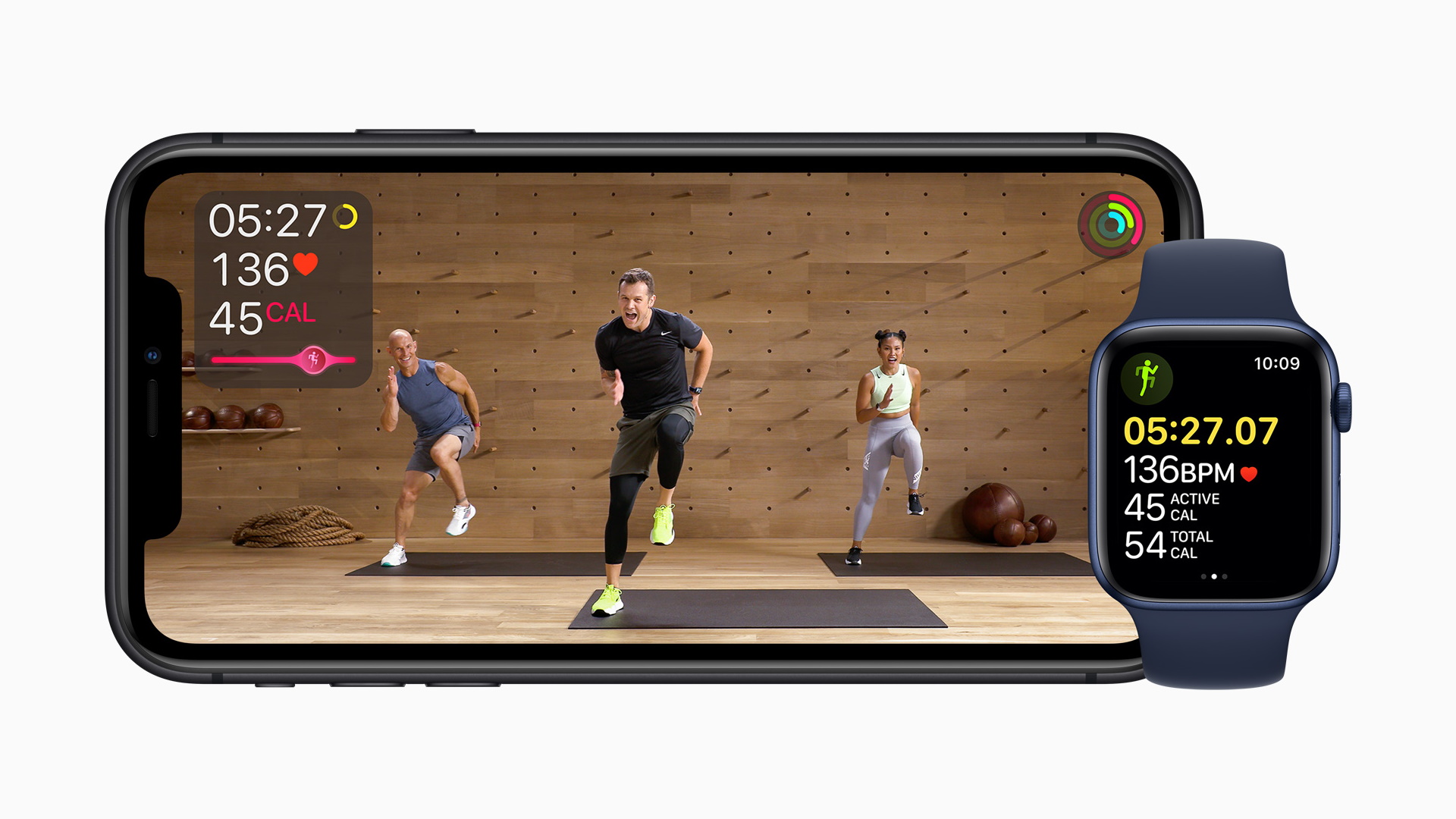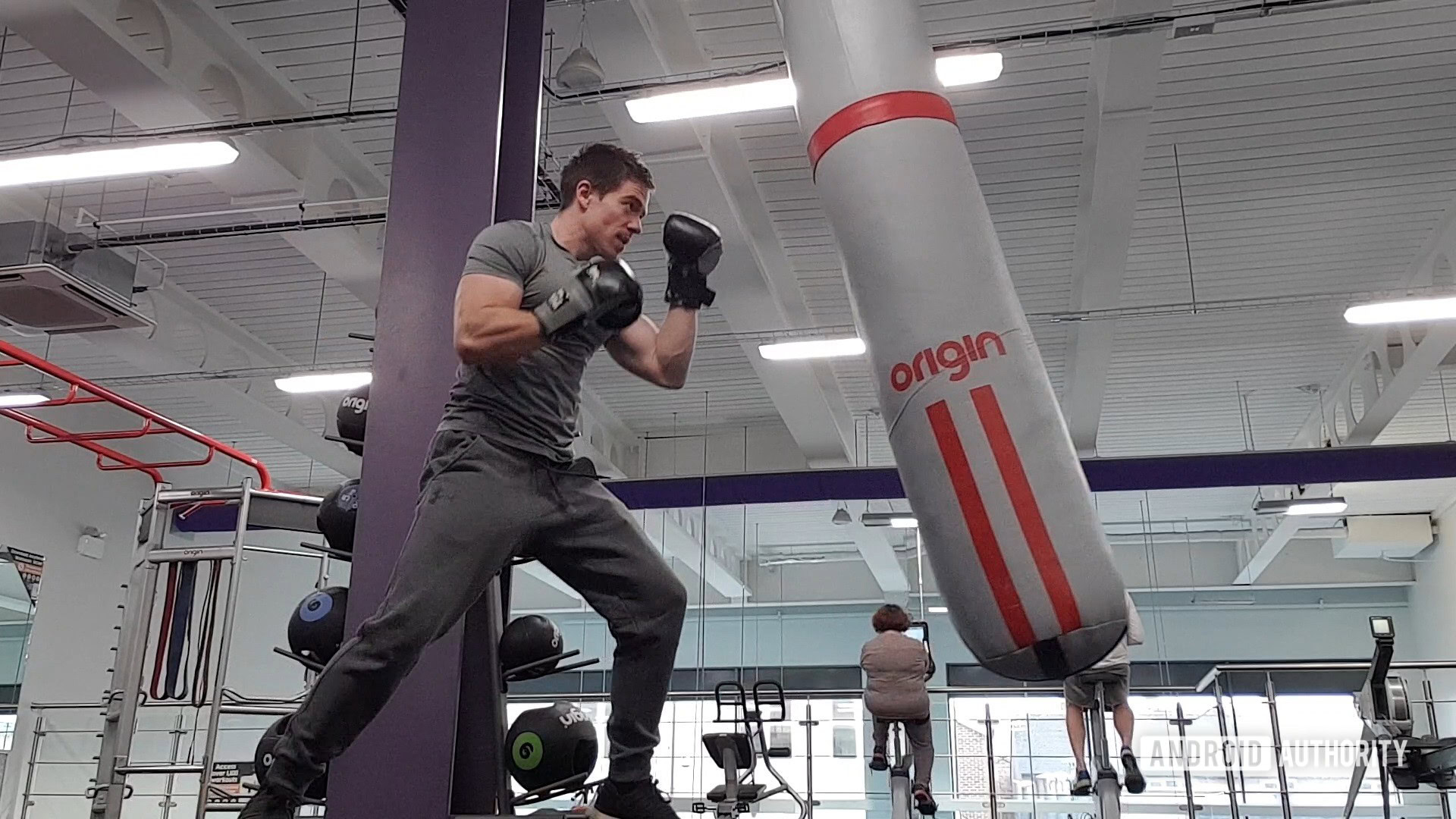Affiliate links on Android Authority may earn us a commission. Learn more.
Gamification has taken the fun out of exercise & learning

While some of its early hype has died down, the concept of gamification — rewarding mundane tasks by turning them into games — has not only survived, but thoroughly wedged itself into society. It’s especially commonplace when it comes to digital learning and fitness tracking, so much so that you probably don’t even think about it when you fire up an app like Google Fit or Duolingo.
There are certainly benefits to gamification, but it may be no surprise that the push for it is actually backfiring in some cases, making people want to ignore these systems or quit the very things they’re encouraging us to do. I’m going to focus on fitness, since that’s my specialty, but it should be easy to recognize the problems I’m talking about in many other apps and platforms.
Our picks: The best fitness trackers
The push to do more, and do it every day
If you’ve got a Fitbit or an Apple Watch, you’re intimately familiar with notifications about daily activity goals. Movement. Steps. Standing. Sleeping. You’re rewarded when you meet milestones, and you’re frequently urged to work a little harder, whether to meet those milestones, top previous performance, or compete with friends. That in itself can be stressful if you’re an average Joe or Jane who’s already doing their best under the circumstances.
On the learning front, I used to use Duolingo for brushing up on my German, and I remember the app almost harassing me about using it every day. When I started going multiple days without touching it, I’d get alerts about that as well. The pressure isn’t what led me to stop improving my German — blame that on time and other pressing concerns — but it certainly didn’t help.
Gamification can be stressful if you're an average Joe or Jane who's already doing their best under the circumstances.
Constant reminders can be too annoying for many of us to handle, especially if we’re already distracted by children, work, studies, politics, or just a flood of other app notifications. It’s possible to shut off some or all of these alerts, but not everyone is technically savvy, and to an extent, it’s on developers to recognize how exhausting their notification barrages can be.
Cumulatively, you can be bombarded with notifications to the point you have the reverse problem. The digital noise can be so loud, in other words, that even positive reinforcement gets lost in the shuffle. Being congratulated for a test hardly matters if it’s drowned out by news headlines or Instagram messages.
Related: Fitbit and Apple Fitness should stop chastising people for taking rest days
Guilt and resentment over broken streaks

Perhaps more crucially, gamified goals can generate (or outright manufacture) guilt. While it has a lot of great qualities, Apple Fitness is actually one of the worst platforms in this regard, since it not only urges Watch owners to close their activity rings every day, but makes many of its awards dependent on maintaining ring streaks. You could be deadlifting 500 pounds three days a week and still miss out on weekly or monthly badges, never mind forced days off when you’re sick or injured.
Gamification can potentially make people feel like they're doing too little, or not getting enough credit.
The systems companies use tend to become unmoored from reality beyond certain use cases. Exercising seven days a week, for example, is commendable when you’re talking about activities like walking, light yoga, or a short jog. But once you get serious about fitness you need rest days for recovery, which is something the major health platforms don’t take into account. The best you get is something like Google Fit, which rewards you for hitting a certain Heart Point total in the space of a week, instead of just every day.
It’s no wonder then that some people might become resentful towards gamification, as it can potentially make them feel like they’re doing too little, or not getting enough credit. That’s true with both learning and exercise apps — while you need to keep up a certain pace if, say, you’re learning a language or how to code, someone who’s just educating themselves casually doesn’t need to be prodded with achievements and reminders. More likely that’s about developers wanting engagement that drives their bottom line, whether through ad revenue or subscriptions.
Do you find that gamification (daily goals, awards, etc.) helps improve your learning or health?
How to restore the fun

The first principle is obvious — deliberately ignoring or disabling gamification unless it suits you. If you’re into something niche like weightlifting, in fact, it’s practically required. Most health platforms are biased towards cardio activity, so only a portion of their metrics are even relevant. Likewise, if you’re learning to play the guitar, you shouldn’t feel bad about skipping folk or 12-bar blues lessons if you never intend to play those genres.
The more personal your goals the better, since you're more likely to follow through.
More than this, you need to set your own goals and define your own meaning for success. If you’re learning to code Python, for instance, aiming to build a real, practical app can be better motivation than the projects suggested by services like Sololearn, precisely because it’s tailored to your interests. In exercise, you might set a satisfying benchmark like running 5K or pressing your bodyweight.
The more personal your goals the better, since you’re more likely to follow through. As you’d imagine, there are a variety of things that keep me going to the gym, but one of the stronger ones these days is my four-year-old son. I want to be able to pick him up for as long as possible, and be a model of health at a point when most dads are resigned to the couch. I want to teach him to lift and box when he’s old enough.
To be clear, I’m a fan of digital learning and health platforms overall. They tend to be more efficient, not to mention accessible, since they’re cheaper than paying for classes or hiring a trainer for several weeks. When gamification works, it can change lives. But these platforms should always be in service of our own ends, rather than the games tech companies want us to play.
Read more: The best digital learning apps on Android
